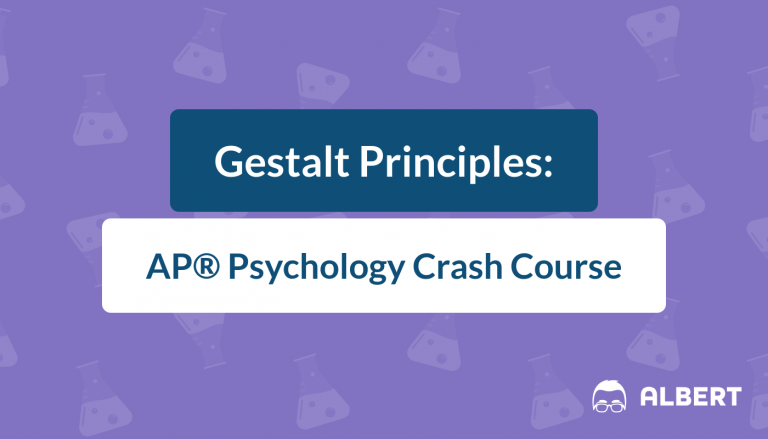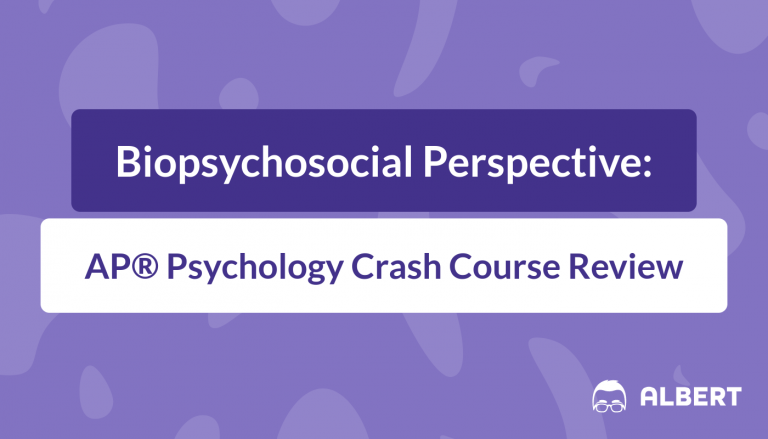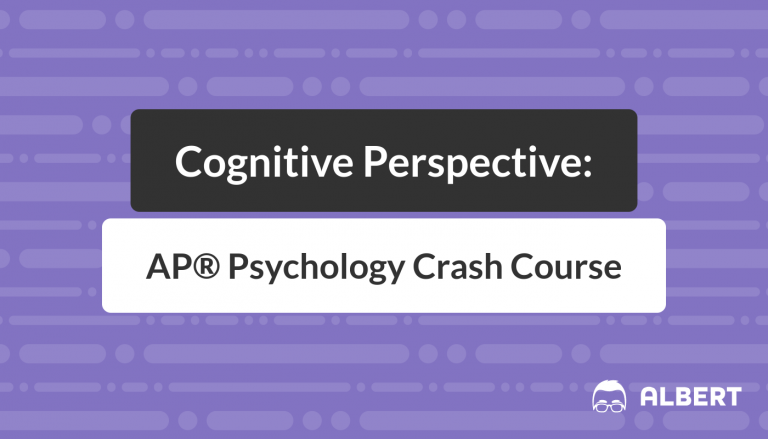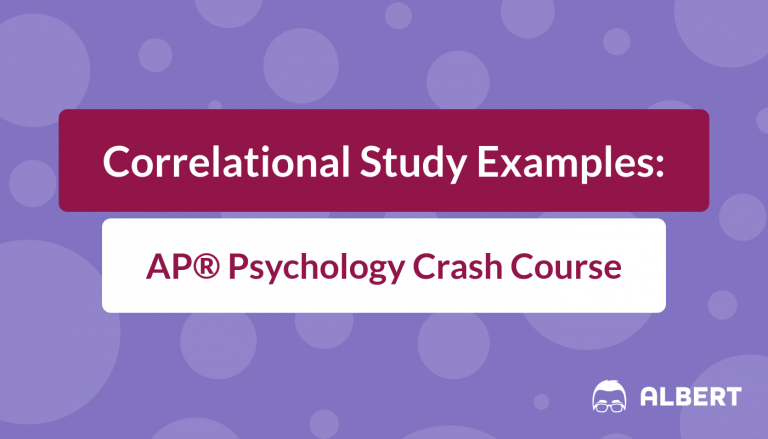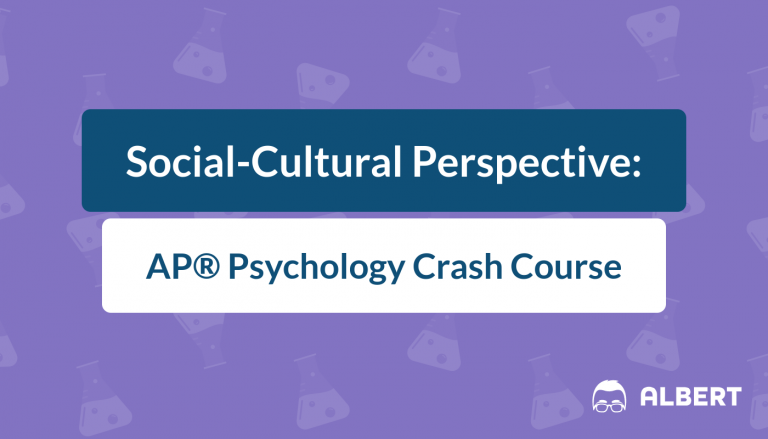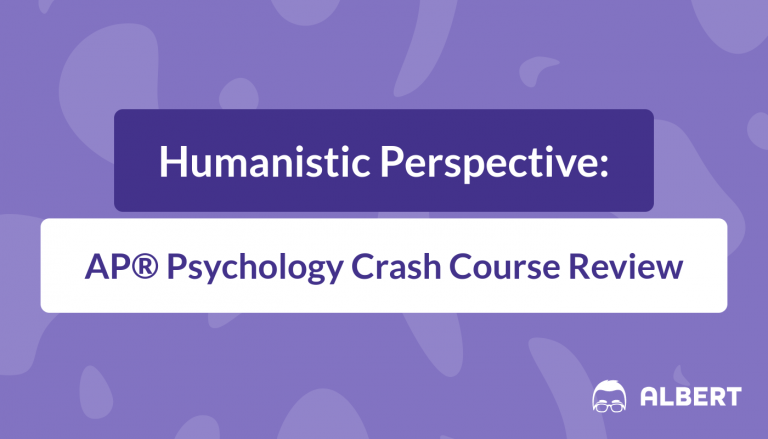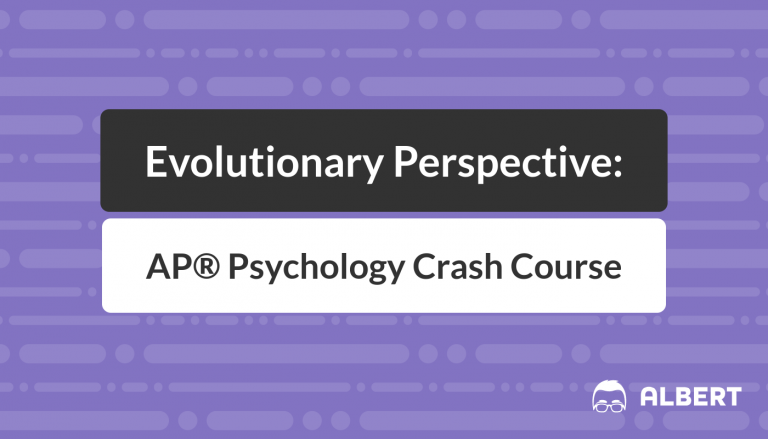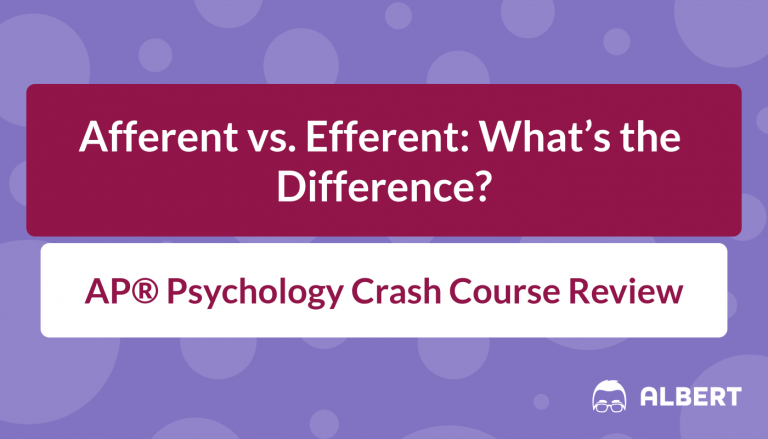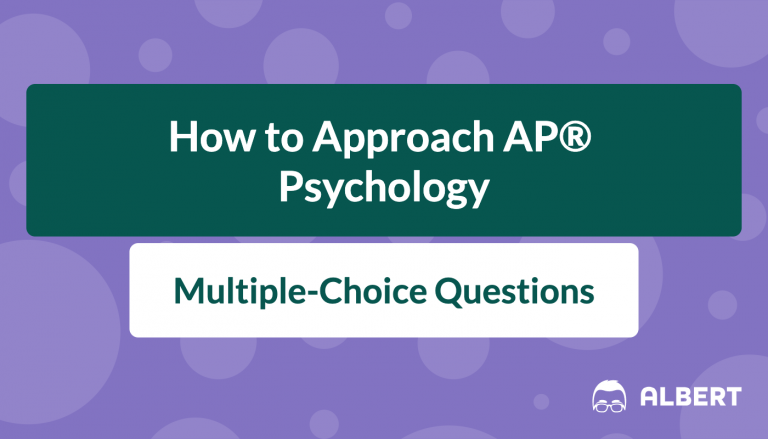
How to Approach AP® Psychology Multiple-Choice Questions
Psychology is a fascinating area of study and is often not given enough credit when it comes to the complexities of the subject. Whether you are considering psychology as a major in your future college career, want to get ahead of that “Intro to Psych” course, or you are simply interested in the subject, AP® Psychology is a great addition to an Advanced Placement resume.

